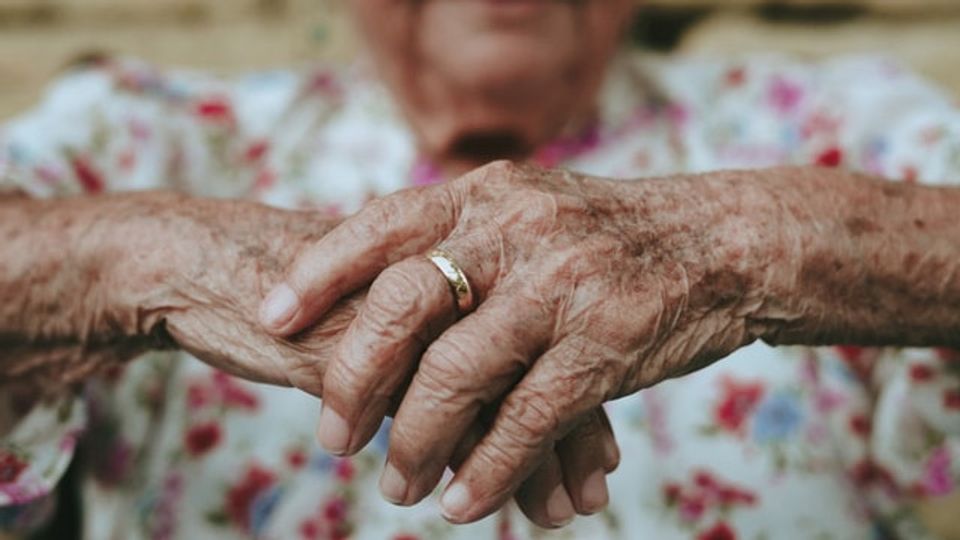Cases of Cognitive Decline in the Elderly Double in Ten Years

Complete the form below to unlock access to ALL audio articles.
Cases of cognitive decline in older people, where a doctor has assessed someone following concerns about memory and noted their brain function has been affected, have more than doubled over the past ten years, according to UCL researchers.
The researchers set out to see if there had been an increase in the numbers of older people who were reporting their first concerns about memory loss or cognitive decline to their doctor and what their chances of developing dementia were after consultation.
The study, published today in Clinical Epidemiology, looked at data from more than 1.3m adults aged between 65 and 99 years old*, taken between 2009 and the end of 2018. The researchers identified 55,941 adults who had spoken to their GP about memory concerns and 14,869 people who had a record of cognitive decline.
For every 1,000 people that were observed for one year in 2009, there was one new case of cognitive decline being recorded. By 2018, for every 1,000 people that were observed for one year, there were three new cases of cognitive decline being recorded.
Lead author and PhD candidate Brendan Hallam (UCL Epidemiology & Health Care) said: “This is an important study which sheds new light on how prevalent memory concerns and cognitive decline are among the older generation in the UK and how likely these symptoms might progress to a dementia diagnosis.
“The study showed that while memory concern rates had remained stable, incidences of cognitive decline, a step beyond memory concern, had more than doubled between 2009 and 2018.
“There has been a drive in the past decade to encourage people to seek help earlier from their doctors if they are worried about their memory and we found that among those over 80, women and people living in more deprived areas were more likely to have a record of memory concern or cognitive decline, and their symptoms were more likely to progress to dementia diagnosis.”
The study also showed that within three years of following up a person from the date when the doctor reported a memory concern, 46% of people would go on to develop dementia. For people with cognitive decline, 52% would go on to develop dementia.
Co-author, Professor Kate Walters (UCL Epidemiology & Health Care) explained: “People who have been noted in their health records as having concerns about their memory are at just under 50% chance of developing dementia within the next three years.”
Brendan Hallam also outlined “Memory concerns and cognitive decline are not only hallmark symptoms of dementia, but they also predict a high risk of developing dementia. It is important for GPs to identify people with memory concerns as soon as possible to deliver recommendations to improve memory and allow timely diagnosis of dementia.”
The authors note one potential limitation of the present study is the potential variations in which GPs record memory concerns and memory decline. They also say more research is needed to better understand the discrepancy between rates of memory symptoms and cognitive decline in the general population and those recorded in primary care.
Reference: Hallam B, Petersen I, Cooper C, Avgerinou C, Walters K. Time trends in incidence of reported memory concerns and cognitive decline: A cohort study in UK primary care. CLEP. 2022;14:395-408. doi: 10.2147/CLEP.S350396
This article has been republished from the following materials. Note: material may have been edited for length and content. For further information, please contact the cited source.

